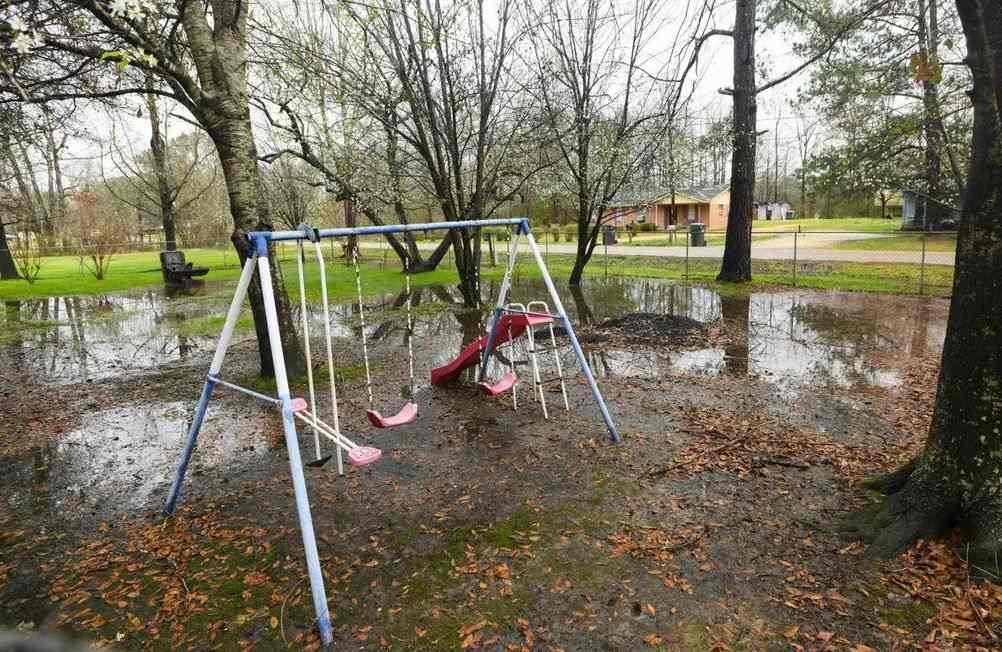With the infrastructure bill’s billions in cash, the Biden administration is initiating a new effort this week that will help poorer towns around the country upgrade their ageing wastewater, drinking water, and storm water systems.
With the purpose of speeding up help to local governments lacking the personnel and expertise to qualify for $55 billion in financing for water projects included in the $1 trillion infrastructure package signed in November, it signals a midcourse modification on President Biden’s biggest accomplishment.
Eleven towns in the South, Appalachia, and tribal territories will get technical help from the Environmental Protection Agency and Agriculture Department on Tuesday.
Over half of Lowndes County, Ala. citizens lack access to working septic or municipal wastewater systems, making it a key site in the civil rights movement of the 1960s. The announcement will be made there. Homemade “straight pipes,” which pour raw sewage into private yards, adjacent waterways, and the streets, are used by hundreds of individuals.
E.P.A. Administrator Michael S. Regan, who has crisscrossed the nation as part of the Obama administration’s environmental justice campaign, described his experience in Lowndes County as “disappointing and frankly extremely hard to digest.”
This is the United States of America: No one should have raw sewage in their backyards or spilling into their houses, President Biden said in a statement.
Communities in Alabama, Mississippi, North Carolina, Kentucky, West Virginia, and the San Carlos Apache Tribe in Arizona will get financial aid from the federal government.
The project has a $5 million budget to get off the ground. Landrieu, the former mayor of New Orleans who supervises implementation of the infrastructure act for President Biden, said the move was a major change that would provide local governments access to a broad spectrum of help.
Tom Vilsack, the agriculture secretary, said that his ultimate objective was to remove the advantages that certain counties had when acquiring access to a broad range of federal assistance programmes.
Environmental Protection Agency and Agriculture Department specialists are beginning to cooperate with local authorities to establish needs assessments and project lists, prepare comprehensive proposals required by state governments and guarantee that projects are performed smoothly starting this month..
Mr. Landrieu indicated that Mr. Biden came up with the notion for the modification. On Air Force One in January, Obama saw an item in the New York Times on the troubles in Lowndes County, Mississippi.
Ecologists who’ve advocated for a more active role on the part of the federal government for years say this is a good step in the right direction. But it won’t last long if the White House doesn’t stay on board.
Throughout the years, the state government in Montgomery has done very little to help Lowndes and its surrounding counties. Lowndes County citizens in Alabama are being investigated by the Justice Department’s civil rights division, using the Civil Rights Act of 1964, for allegedly receiving “diminished access to sufficient sanitation.”
Slavery, sharecropping, Jim Crow, and the malicious neglect of white politicians by whites in the Black Belt are as much a part of the landscape as the coal-hard soil. Septic systems cannot be installed in the area due to water flow restrictions. The soil is appealing yet cruel.
